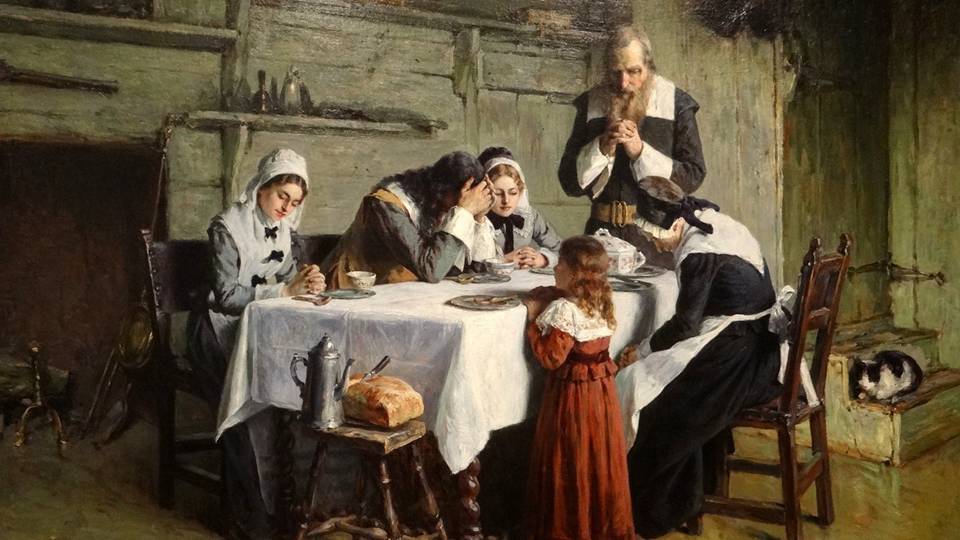If I’m hurting, how can I give thanks?

 I grew up in a church in rural Indiana. As a child I remember the uniqueness of the Sunday night before Thanksgiving. I remember that it was one of the few services that the pastor didn’t preach. Instead I vaguely remember two microphones down front, and that people would just get up and share what they were thankful for. I confess that as 7 year old I didn’t remember the content, but I did remember the experience.
I grew up in a church in rural Indiana. As a child I remember the uniqueness of the Sunday night before Thanksgiving. I remember that it was one of the few services that the pastor didn’t preach. Instead I vaguely remember two microphones down front, and that people would just get up and share what they were thankful for. I confess that as 7 year old I didn’t remember the content, but I did remember the experience.
A few years ago, prior to Thanksgiving, we placed two microphones down front and invited people to share what they were thankful for. I confess I was unprepared for the one element that so many of the testimonies had in common . . . suffering. Amazing isn’t it, that the people who have suffered the most seem to be the ones who are most thankful. In a country that seems to have a mission of removing all pain and suffering I found it remarkable that the people who had treaded some really dark times were the ones who were thankful.
The Puritans understood this best 400 years ago. Many of their prayers were recorded in a book entitled: The Valley of Vision. They understood what many have failed to realize. That although most people thought that it was the mountain-top experiences that made life rewarding, for them it was the valleys. It was in the valleys of their life that they gave thanks.
My only explanation for that from the Scriptures is that God wired us for dependence on Him. On the moutain-tops we fail to remember that vital lesson, and often we act independently. But in the valleys we say with the Apostle Paul, “we were burdened excessively beyond strength . . .in order that we should not trust in ourselves, but in God who raises the dead” (II Cor. 1:8-9). Perhaps that’s why those believers who have known great suffering are also those who are most apt to thank the Lord. It is in their darkest hour that Jesus shines most brightly.
